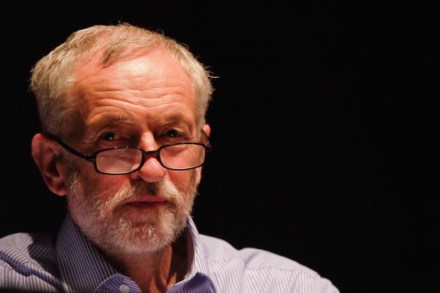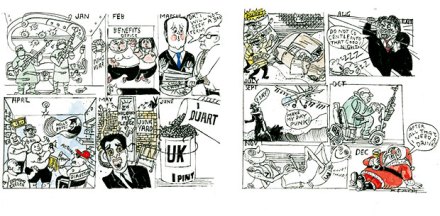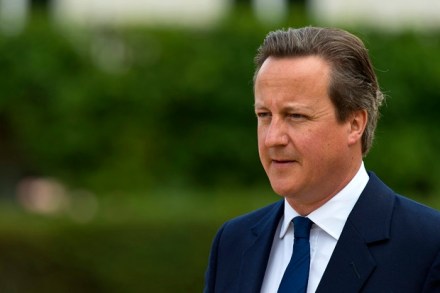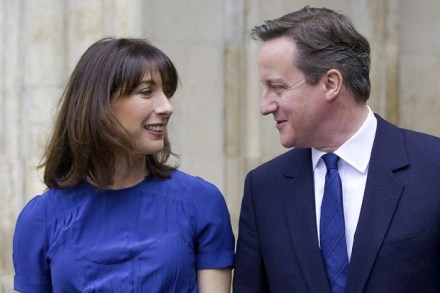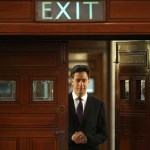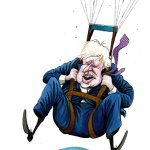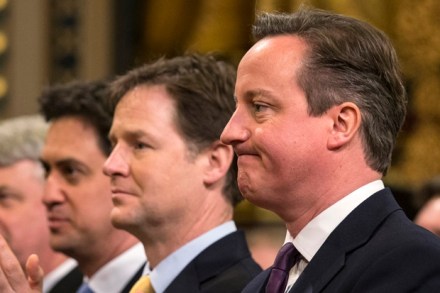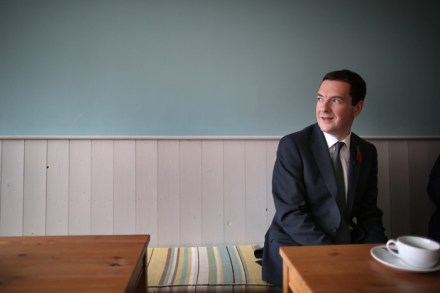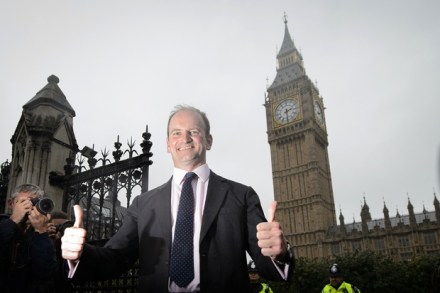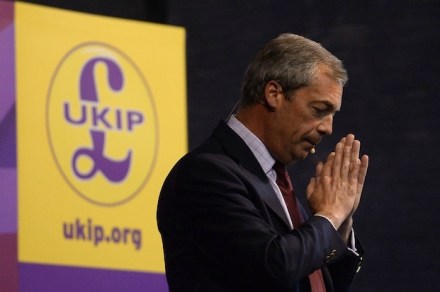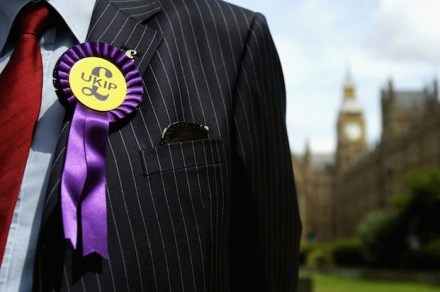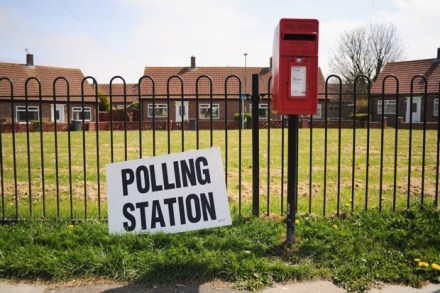Jeremy Corbyn’s poll ratings are bad, but not disastrous. Why pretend otherwise?
Like most political journalists, I regard Jeremy Corbyn’s leadership of the Labour Party as an unalloyed disaster. But it is, perhaps, time to admit that this view is not so widely shared amongst the public. “Almost a third of Labour supporters do not think that Jeremy Corbyn will lead Labour into the next election,” says today’s Observer. The more striking finding is that most Labour supporters (56pc) do think that Corbyn will stay until 2020. He may be hated by Labour MPs, but his approval rating is high amongst Labour members – even amongst those who voted for Andy Burnham. It’s a thing. Even if Labour MPs were to break the habit of a lifetime
